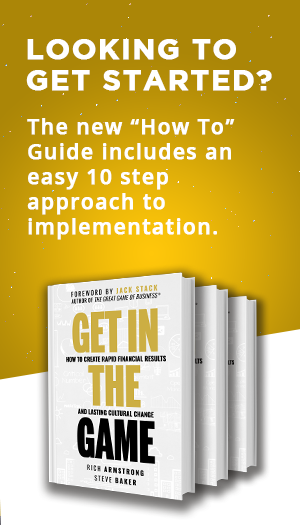It's been two years since Covid shut the economy down. And nothing has been the same since. What's crazy is how things continue to change on what seems like a daily basis. Variances are the name of the game. We were already dealing with supply chain delays and the constant upward pressure of inflation caused by the shortages of parts and people in the marketplace. The price of freight is skyrocketing—and that was all before the war in Ukraine erupted. Suddenly, we need to add in the additional upward pressure on the price of oil and commodities like wheat—did you know Russia is the world's largest producer of wheat and Ukraine is fifth? There are also precious metals like nickel, which is a big Russian export. Nickel is used to make everything from stainless steel to appliances and batteries, which are rising in price because of the shortages. Now mix in the fact that interest rates will be rising for the first time since 2018, and every business is faced with solving a dynamic puzzle with lots of moving pieces.
Read More
It feels like we’re on some kind of crazy rollercoaster ride. One day we’re riding high, and then, whoosh, we’re hit with school closings and absenteeism due to Covid, shortages of parts, and, heck, even a big ice and snowstorm to contend with. You get to the point where you think you might be too tired to duck from the next punch headed your way. When you add that we were also trying to close out our fiscal year on January 31 amidst all those challenges, it could have been enough just to wave the white flag and surrender. As anyone involved in balancing your books at year-end knows, it can be a royal pain. The pain is only made worse when you put off things during the year because of those challenges you’re forced to deal with. For example, if you ran into a supply chain logjam, you might be forced to place an emergency order—and pay a significant premium for it—which then impacts your cost and pricing structure. Or maybe you couldn’t collect on your receivables because of paperwork errors or maybe because someone was out sick. Have you seen what shipping containers cost these days? That means you wouldn’t get the cash you expected, which is the last place you ever want to be.
Read More
Peter Drucker is credited with saying, "culture eats strategy for breakfast". Even in today’s tech driven economy, a company’s human capital is still the most powerful potential competitive advantage. Great work culture is incredibly hard to build and even harder to maintain. Usually, workplace culture is measured in terms of employee engagement. The cultures I admire most built their employee engagement around these strategies below:
Read More
The New Year is off and running. If your business is anything like ours, you’ve got your hands full. The good news is that we’ve begun to see some progress in overcoming the shortages in parts and people we’ve been struggling with ever since the pandemic hit us in March 2020. Getting our supply chain straightened out while also finding ways to recruit new people (and retain our existing associates) has helped us get back on track with our annual plan. In fact, our team has been remarkably consistent in the accuracy of our forecasts. (We’ll see how accurate when we close out our fiscal year at the end of January.) We’re also leaving far less potential business on the table due to the easing of those constraints, which bodes well for our growth heading into 2022. When I talk to other business owners and executives, I hear similar good news. It’s pretty common to hear that 2021 was a record year for many of them. That’s led to a lot of optimism as people looked to 2022.
Read More
Winning is not just a matter of pride, of course. It is also a habit. Unfortunately, losing can get to be a habit as well. When people are in the habit of losing, you won’t see fire in their eyes, only sand. If you want to light the fire, you have to begin by creating wins and celebrating wins— by making a big deal out of little victories and then building on the little victories to achieve bigger victories. It’s a way of putting fun in the workplace— literally. We throw parties and hold celebrations at the drop of a hat. What we’re really doing is creating a team.
Read More
Why I Flew To Dallas For The 29th Annual Great Game Of Business Conference Boy, did it feel good to get out of town for a few days. Like many people around the country, I’ve cut way back on my travel since the pandemic hit March 2020. While I thought things would open up once vaccines became widely available, the Delta variant threw my forecasts off quite a bit. But one event I wasn’t willing to take off my calendar was the 29th Annual Great Game of Business Conference held in Dallas a couple of weeks ago. While the team was forced to host the entire conference virtually last year, this year, they planned from the beginning for the conference to be “hybrid”—meaning folks could attend in-person or online.
Read More
In October 2019, Rick Hedden retired from SRC after 36 years. He was 59 years old. At the time, his shares in the company’s ESOP plan were worth seven figures. But the lessons he learned from playing the Great Game of Business over his career at SRC might be even more valuable. It helped him live his version of the American Dream. Here is his story.
Read More
It’s become apparent that we celebrated the end of the pandemic a little early. Believe me, I was one of the first people who couldn’t wait to rip my mask off. I hate wearing them. You can imagine the sense of relief I felt when I finally got my second shot. Then, as the COVID numbers dropped, and dropped some more, we could finally take our masks off. It seemed like we had really turned the corner on this thing.
Read More
Every company should have a vision for itself. Jack Stack, CEO of SRC Holdings and the founder of The Great Game of Business, says, "Having a 10-year plan can help overcome unexpected surprises." Recently, Rich Armstrong, President of The Great Game of Business, and Steve Baker, Vice President, "sat down" (via zoom) with Jack to learn about the 10-year vision for SRC Holdings in a post-covid world.
Read More
Unfortunately, it’s not just decades-old companies that hoard information or run out of cash. It happens to companies of all shapes and sizes every day. And sometimes they’re even being told it’s good for their business. If that sounds crazy to you, you’re right. It’s crazy. And what about schools and innovation centers that teach a generation of young entrepreneurs what they need to do to succeed but don’t include classes on managing cash?
Read More

.png)


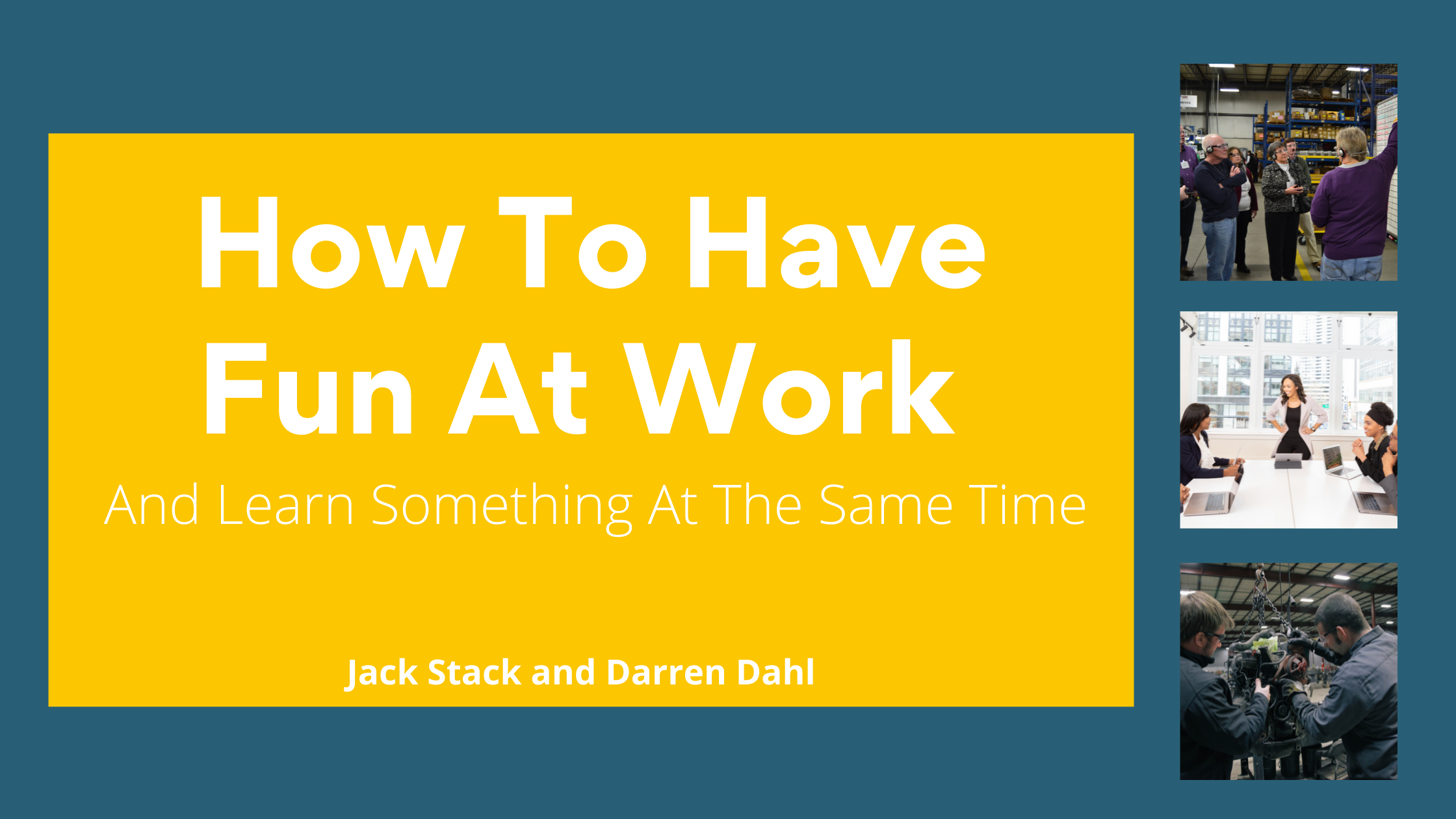





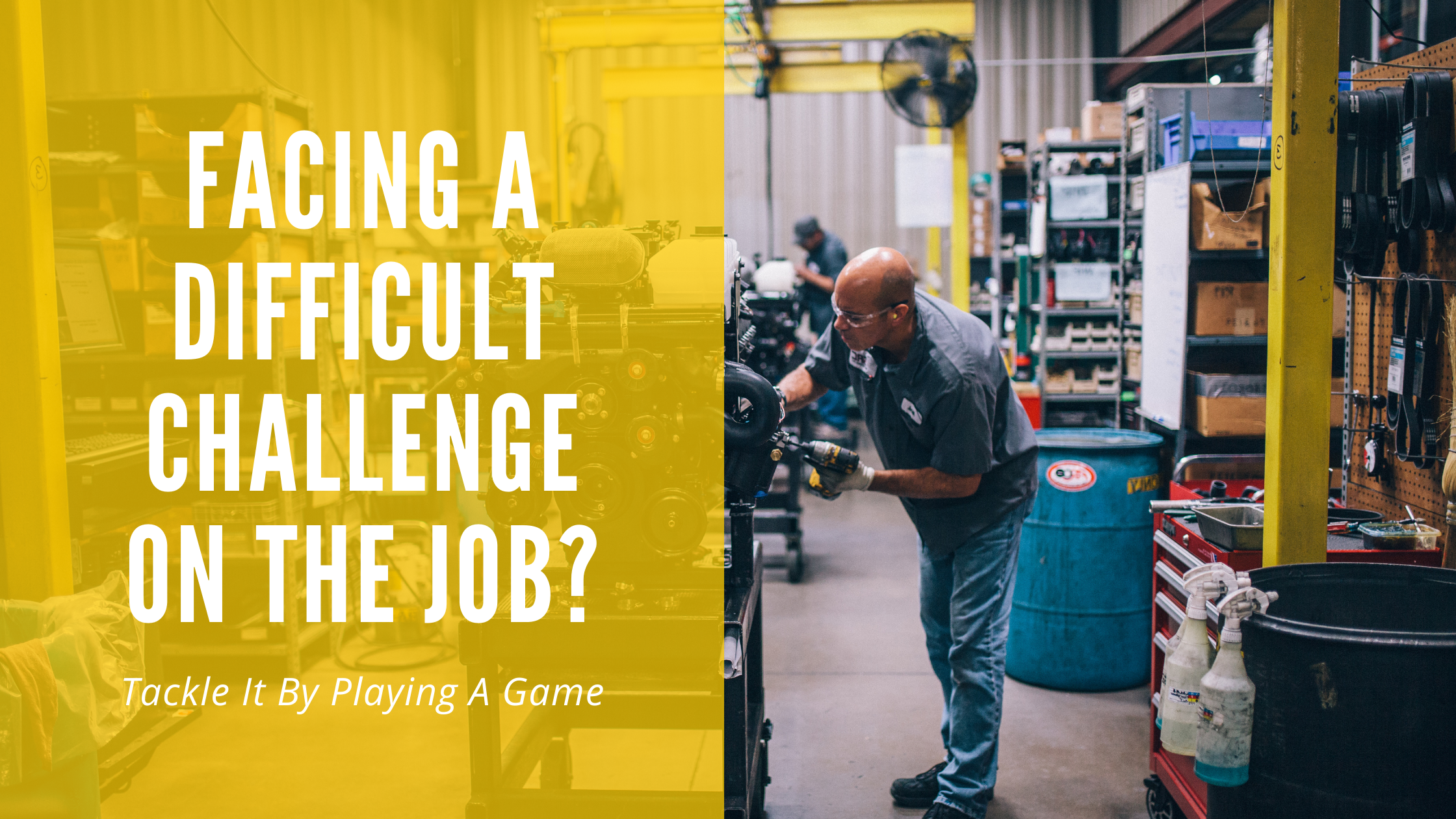
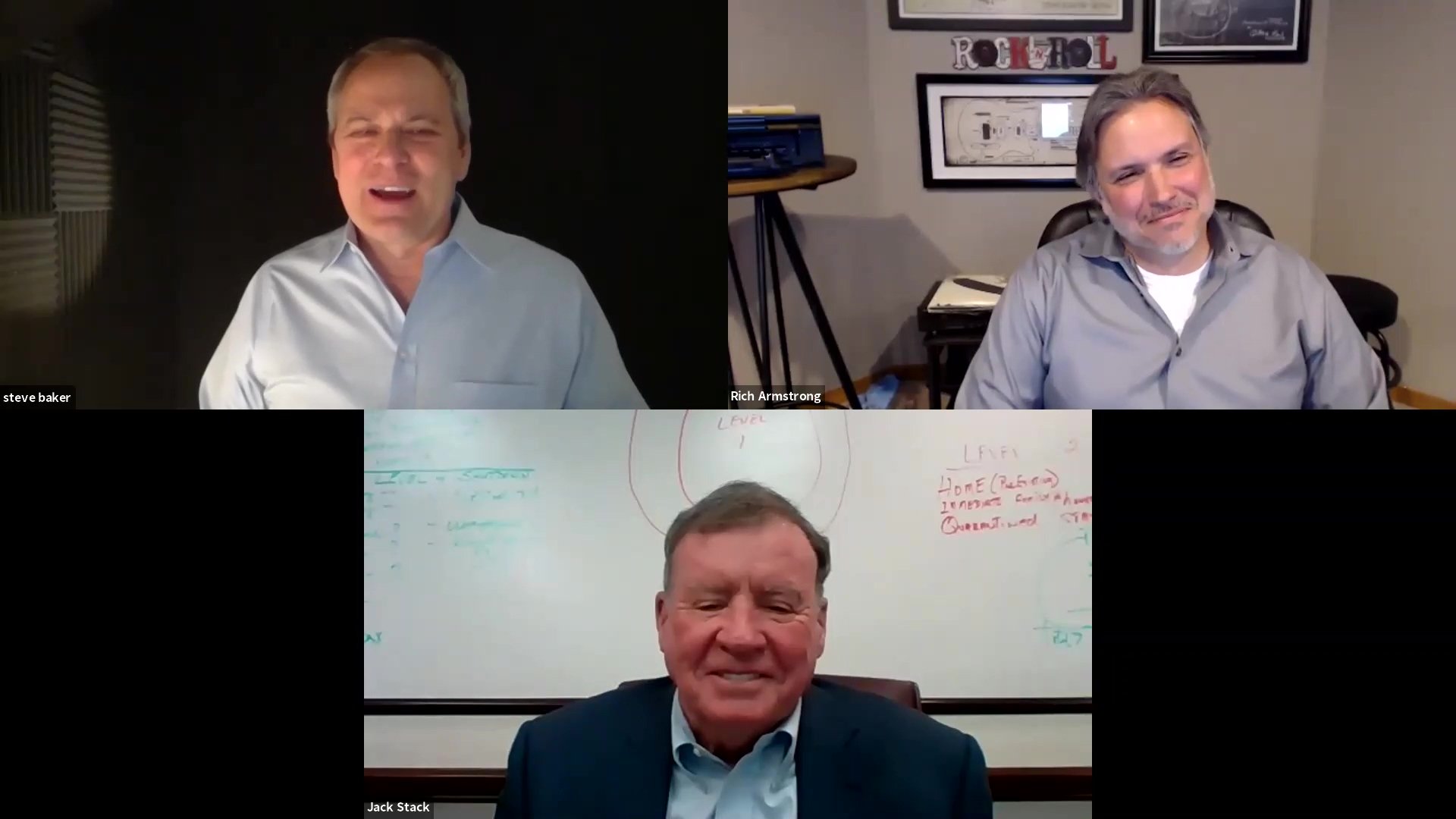



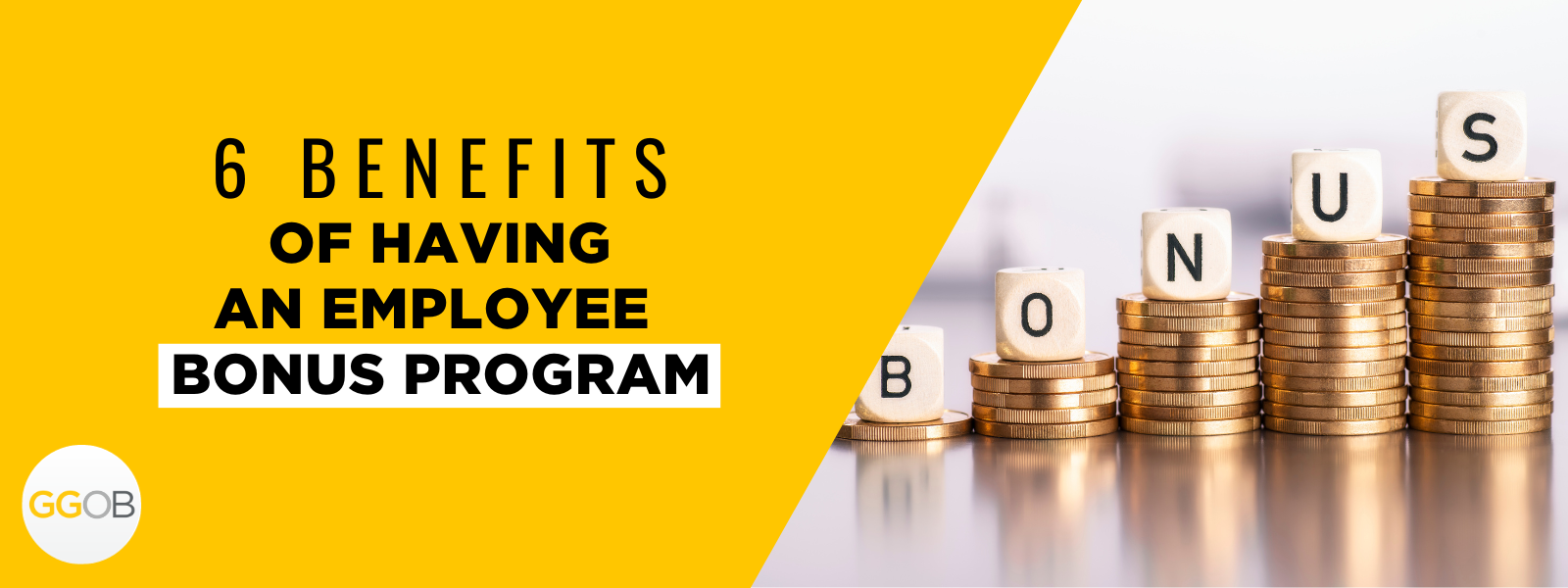

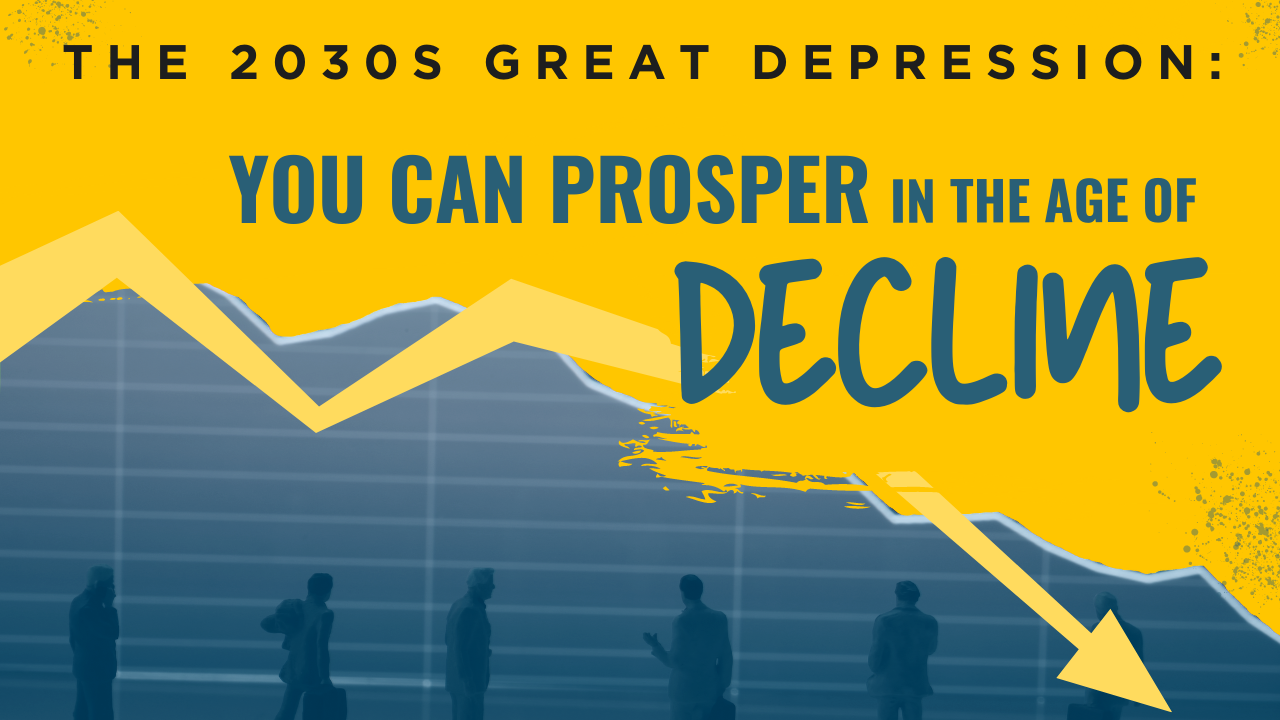


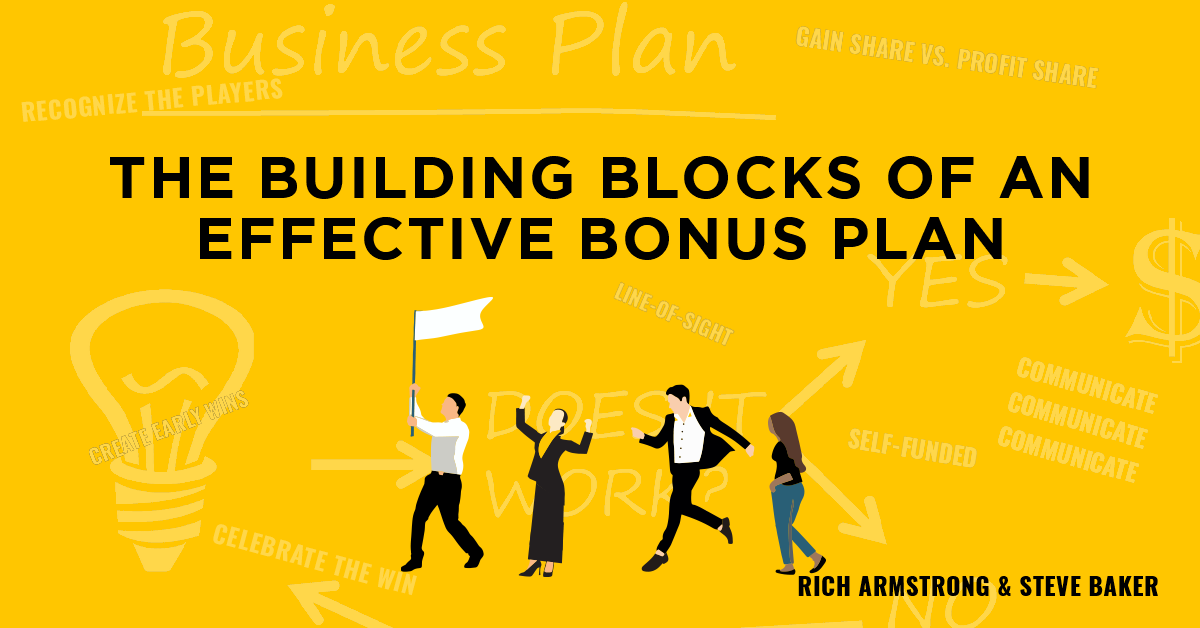
.png)
